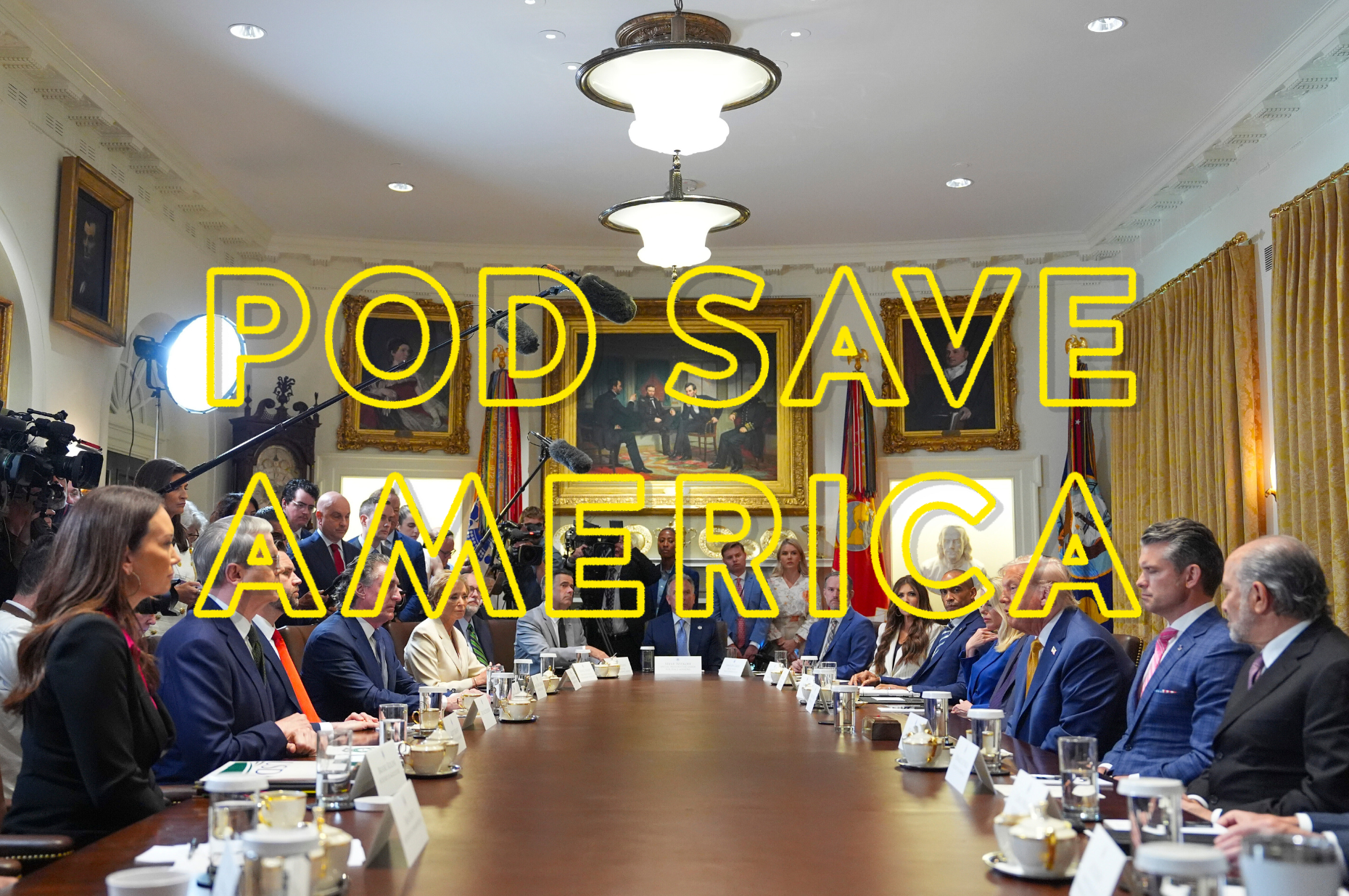
With Congress now in recess for most of the month of August, many representatives will be taking the opportunity to participate in trips overseas. This year that includes over 25 freshmen House Democrats who are traveling in Israel and the Palestinian Territory this week as part of a delegation led by House Majority Leader Steny Hoyer and organized by the American Israel Education Foundation (AIEF), an affiliate of AIPAC.
This trip comes at a critical and difficult time for the US-Israel relationship and the Israeli-Palestinian conflict. In the last two years the Trump administration has actively undermined the prospects for a peaceful two-state solution, reversing decades of bipartisan U.S. policy.
By embracing the far-right positions of the Israeli settlement movement and regularly, needlessly penalizing the Palestinian people and leadership, the administration has shattered U.S. credibility as a mediator—and empowered hardline rejectionists on both sides. Now, with the president and his envoys standing firmly behind them, the Netanyahu government is openly contemplating annexation of Palestinian territory in the West Bank: a major red line.
With the shared interests and values at the heart of the U.S.-Israel relationship under unprecedented threat, now is an important moment for members of Congress to be on the ground, experiencing the region’s realities up close. Yet to ensure that their trip is productive, lawmakers must be given a full and robust picture of what’s happening—including a wide range of both Israeli and Palestinian perspectives.
In addition to visiting Israel’s major sites and seeing key strategic military and economic locations, they also need to see what occupation looks like for the Palestinians facing home demolitions and evictions in the West Bank and East Jerusalem—and how these actions undercut the prospects for peace. They need to appreciate the ways in which the Netanyahu government has targeted key democratic institutions and principles.
Given that AIPAC is a group that has closely supported the actions of the current Israeli government—and applauded most of the Trump administration’s policies on this issue—it’s fair to question whether they plan to give their participants that kind of balanced and accurate picture. Previous AIEF delegations have only rarely, if ever, included meetings with ordinary Palestinians living under occupation—or with the settlement movement leaders actively working to prevent a two-state solution.
Taking advantage of their time in the region, members should aim to learn as much as possible by asking tough questions—and insisting on answers. Here are eight important questions they should ask:
- Prime Minister Netanyahu has pledged to retain permanent control over the West Bank, to never allow the creation of a Palestinian state, and to consider unilateral annexation. How can Israel remain a democratic homeland for the Jewish people if it permanently rules over millions of Palestinians without giving them the right to vote?
- Since almost every member of the Netanyahu government now opposes the two-state solution, how do they propose to peacefully resolve the conflict?
- Why does U.S. Ambassador to Israel David Friedman refuse to recognize the existence of an occupation in the West Bank and claim that Israel has the right to annex parts of it? How does it impact U.S. credibility when our ambassador routinely participates in events led by settlement groups?
- How do the members of the Israeli security establishment feel about the two-state solution and the Iran nuclear agreement? How do those views differ from the views of Trump and Netanyahu?
- How have the Trump administration’s severe cuts to congressionally appropriated aid to the Palestinian people affected the humanitarian situation in the West Bank and Gaza? How have they affected Israel’s security?
- By routinely criticizing and slashing funding to President Abbas and the Palestinian Authority, has the administration undercut Palestinian moderates and empowered violent extremists like Hamas?
- How has the controversial “nation-state” law affected the status of non-Jewish citizens of Israel?
- Why did former Israeli prime minister Ehud Barak recently say that “Israel finds itself a moment before a complete breakdown of Israeli democracy – a moment before we give up on everything that makes us who and what we are…..This is a strategic threat no less serious than the Iranian threat”?
In recent years, young American Jews have struggled to improve the state of Israel education in our community. They’ve argued convincingly that programs like Birthright should show their young participants the realities of the Israeli-Palestinian conflict and occupation—and that the failure to do so represents a deliberate, and ultimately harmful, political choice.
What’s true for college students is of course even more true for the legislators who will help to shape U.S. foreign policy and the U.S.-Israel relationship, now and for years to come. To advance the long-term interests of our country and help secure a better future for Israelis and Palestinians, they need to understand just how dangerous and complex the current situation is.
During their time in the region, these members of Congress should go beyond one-sided narratives and easy answers. They should seek the truth.
Ben Shnider is Vice President of Political Affairs and Strategy at J Street

